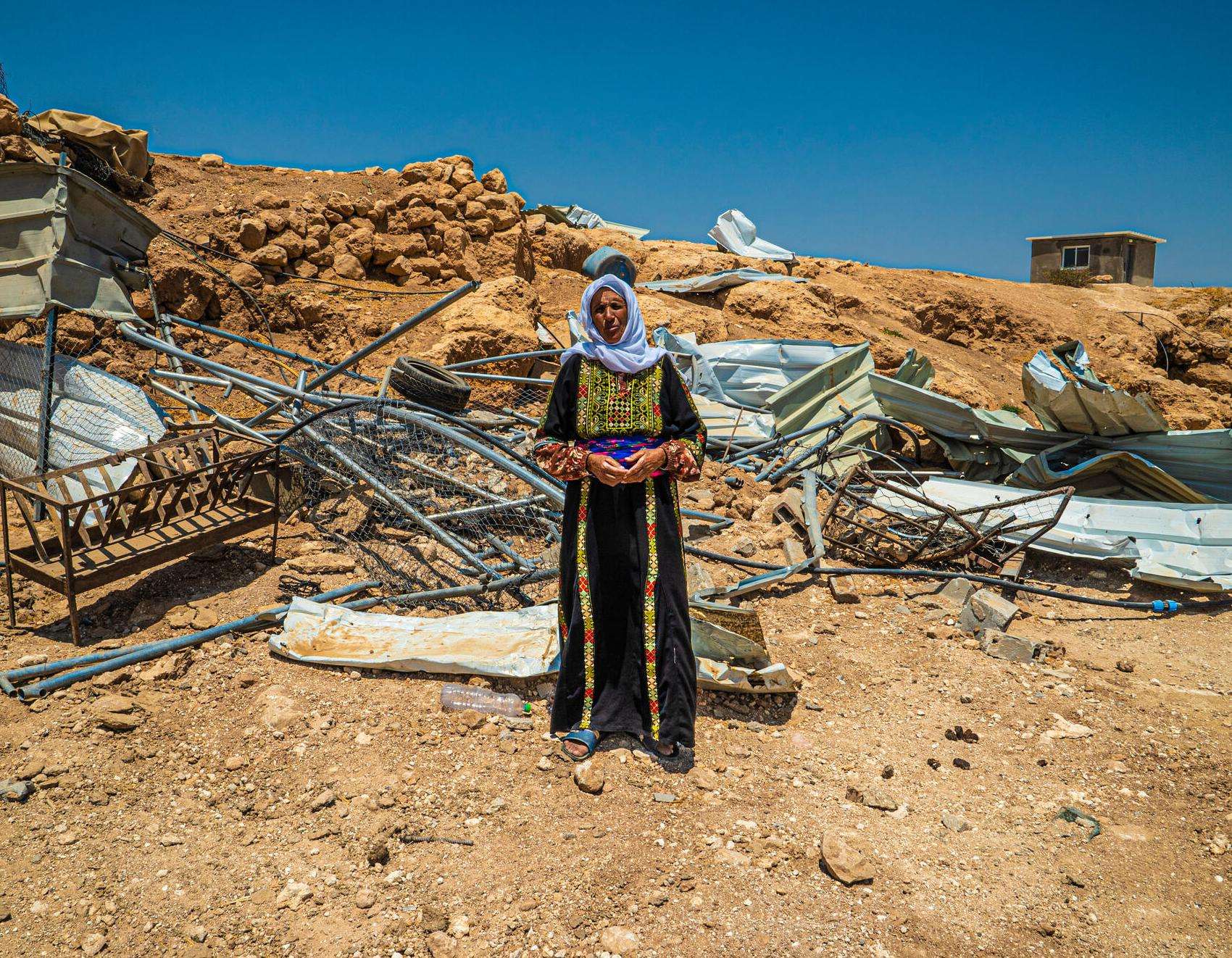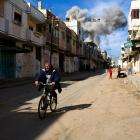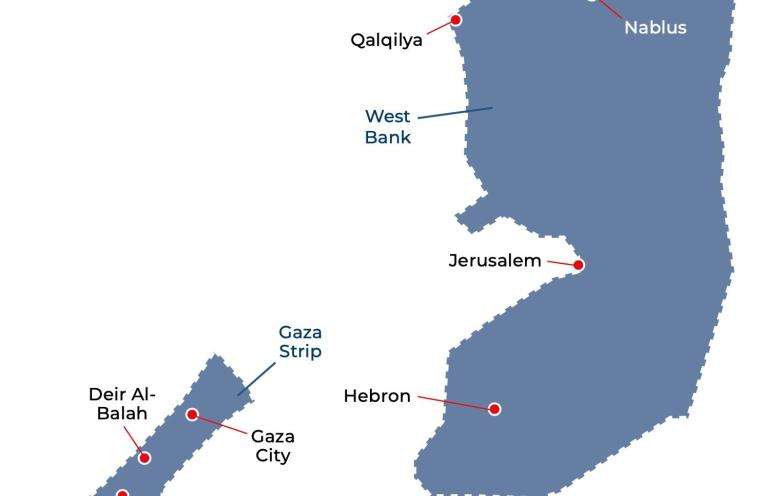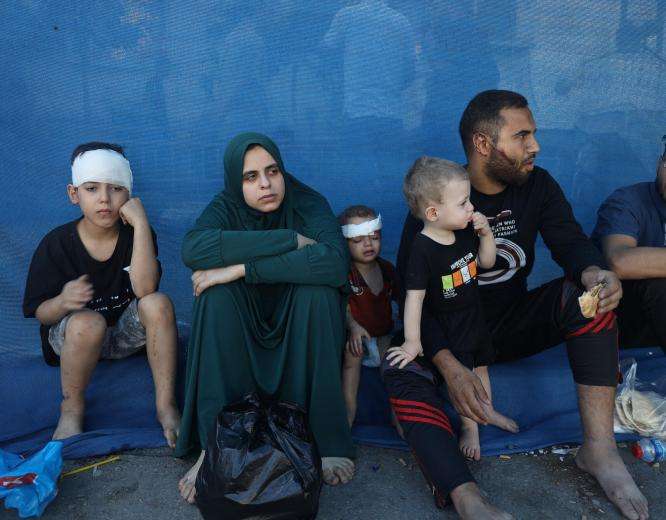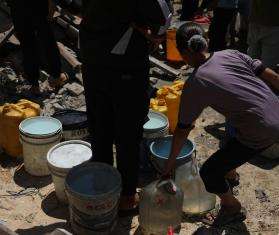Gaza
The Gaza Strip is a 141 square mile territory surrounded by walls and fences and under the constant control of the Israeli authorities. With 2.3 million people, it has one of the highest population densities in the world.
Every aspect of life in Gaza is impacted by the ongoing siege and constant threat of violence. Over the years, recurrent escalations of violence have taken a toll on people’s health and well-being, as well as on infrastructure like health care and education. Gaza has also been under blockade since 2006, with Israel controlling the entry and exit of people and goods, including clean water and essential medicines, which has led to alarming rates of antibiotic resistance.
All-out war continues
The current war has turned Gaza’s chronic humanitarian crisis into a catastrophe. Israeli authorities have delayed or denied the entry of food, medical supplies, drugs, and humanitarian aid, and what little supplies that have been allowed to enter are far from sufficient to meet the massive and escalating needs. On August 22, 2025, the United Nations-coordinated Integrated Food Security Phase Classification (IPC) system officially declared famine in Gaza governorate, in the north of the Gaza Strip. Famine thresholds are expected to be crossed in Deir al-Balah and Khan Younis governorates by the end of September.
Nowhere is safe in Gaza. So-called “safe zones,” including camps for displaced people, have come under attack, as have health facilities. Over 1,000 health workers have been killed, according to the Ministry of Health, and OCHA reports 417 humanitarian workers killed. Among them are 12 MSF staff members, some killed while on duty or while sheltering with their families.
Since the war started, MSF teams have had to leave 20 health structures and have endured 41 violent incidents, including airstrikes damaging hospitals, tank shells fired upon agreed deconflicted shelters, ground offensives in medical centers, and attacks on our convoys. These attacks, along with the ongoing siege and sudden evacuation orders, have stifled the urgently needed humanitarian response in Gaza at a time the needs are more dire than ever.
